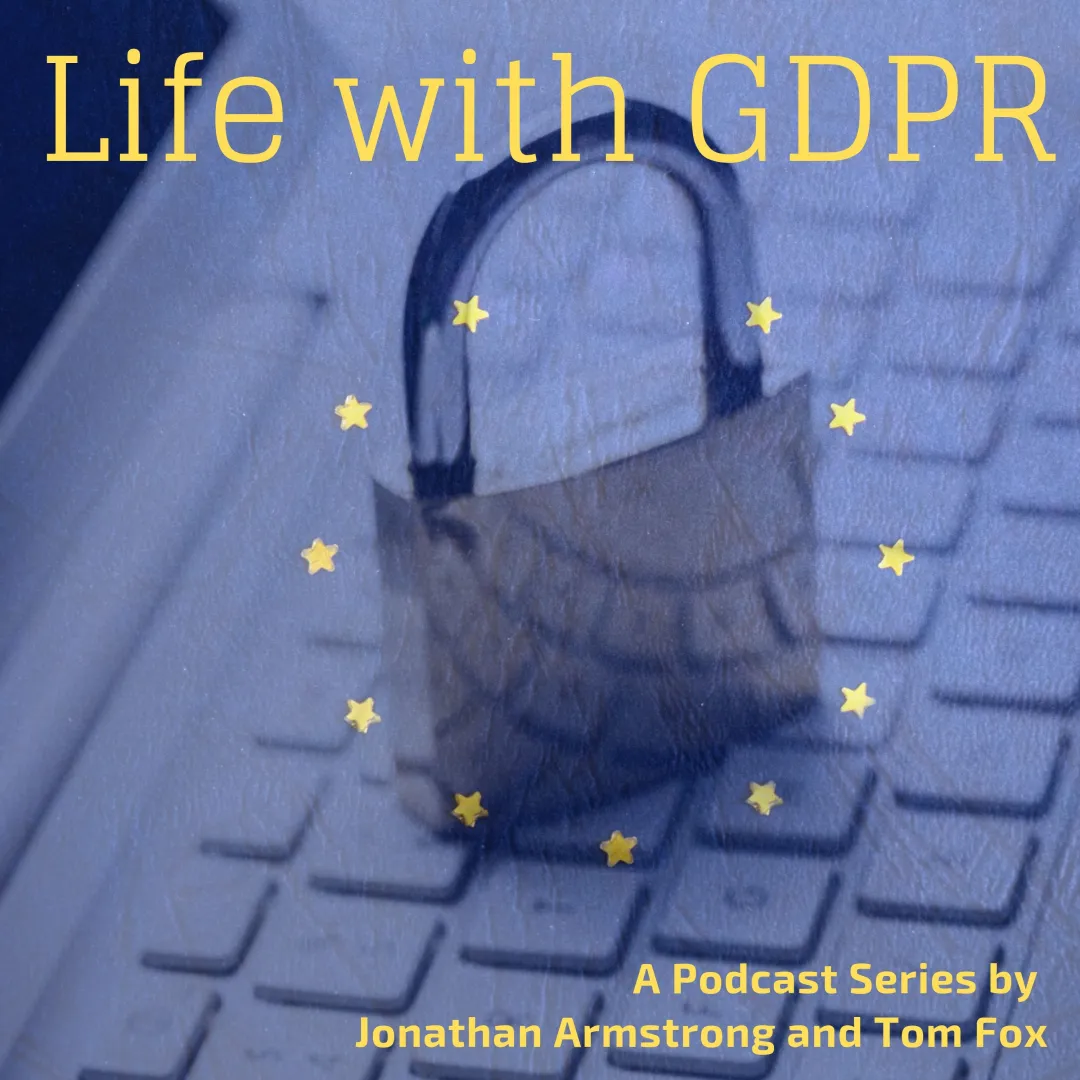The Museum of Western Art is dedicated to excellence in the collection, preservation, and promotion of Western Heritage and the education and cultural enrichment of our diverse audiences. The Museum serves as a bridge between the past and the present, ensuring that the legacy of the American West will be preserved for the future. Western Art is as engaging and important as ever. In this podcast series, Museum Executive Director Darrell Beauchamp visits with the artists who work in this Western heritage to talk about their work, the legacy of Western Art, and why talking about it is so important today. In this episode, Darrell visits with Mark McKenna.
Mark McKenna’s journey into the art world was not predetermined but evolved over time, starting from his high school years. Initially planning to become a dentist, McKenna was convinced by a professor and professional illustrator to pursue his passion for art. This decision set him on a path that would lead to his evolution from an art teacher to a renowned wildlife artist.
McKenna’s love for art was evident from a young age. In high school, he recognized that he would make art for his entire life. However, the idea of making a living as an artist seemed far-fetched, as he observed that most artists were struggling financially. With a desire to provide for a family, McKenna initially planned to become a dentist. It was during his time at Brigham Young University, Idaho, that a professor and professional illustrator recognized his talent and convinced him to pursue a career in art.
The professor’s advice resonated with McKenna, and he realized that he could create beautiful things as an artist instead of working in people’s mouths. This revelation changed the course of his life, and he decided to pursue a Bachelor of Fine Arts in illustration. As he got closer to graduation, McKenna also double majored in art education, which eventually led him to become a high school art teacher.
Teaching art allowed McKenna to combine his love for art with education. For eight years, he taught high school art, with seven of those years spent in Cody, Wyoming. This location proved to be a perfect fit for McKenna, as it provided him with inspiration from the wildlife and natural beauty of the area. Teaching also provided him with financial stability, allowing him to focus on his art without the pressure of making sales.
During his teaching years, McKenna attended a workshop with renowned wildlife artist Greg Beecham, who became his mentor. This workshop proved to be a turning point in McKenna’s career. The guidance and inspiration he received from Beecham elevated the quality of his work and ignited his passion for wildlife art. Over the next five years, McKenna built his art career, attending shows and making connections in the art world.
In 2018, McKenna made the decision to transition from teaching to becoming a full-time working artist. This transition was smooth, thanks to the foundation he had built during his teaching years and the mentorship of Greg Beecham. McKenna’s art career continued to flourish, with each year bringing new opportunities and growth.
Recognition at the Museum of Western Art was a significant milestone for McKenna. His work is displayed in galleries like Astoria Fine Art in Jackson Hole, Wyoming, and his website, MarkMcKennaStudios.com, provides a platform for art enthusiasts to explore and purchase his artwork. McKenna’s success can be attributed to his dedication to painting what he loves, painting often, and finishing what he starts.
In addition to his artistic skills, McKenna emphasizes the importance of effective self-marketing for artists. He utilizes social media platforms like Instagram and Facebook to showcase his work and connect with his audience. McKenna also understands the importance of proper framing and hanging of artwork, as it can significantly impact the presentation and professionalism of the piece.
Looking to share his knowledge and experience with other artists, McKenna is currently creating an online course that focuses on teaching artists how to utilize Photoshop, various aspects of the painting process, and the business side of art. This course will provide aspiring artists with valuable insights and practical skills to navigate the art world.
Mark McKenna’s evolution from an art teacher to a renowned wildlife artist is a testament to the power of following one’s passion and seeking guidance from mentors. His dedication to his craft, combined with his ability to balance teaching and art, has allowed him to create a successful career in the art world. McKenna’s story serves as an inspiration to aspiring artists, reminding them to paint what they love, seek mentorship, and embrace the opportunities that come their way.
Resources
Museum of Western Art
Darrell Beauchamp on LinkedIn
Mark McKenna on Instagram










